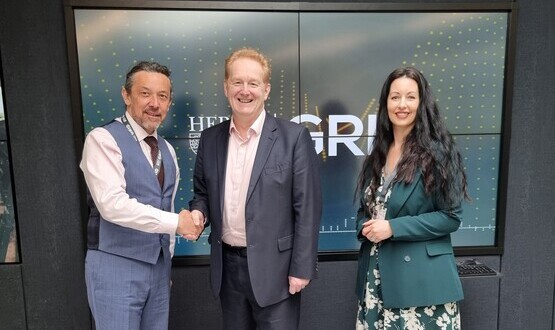Digital tool to share videos of seizures piloted across Scotland

A digital service that allows patients and carers to share videos of potential seizures is being piloted in Scotland and several UK NHS trusts.
The vCreate Neuro platform allows clinical teams to view videos to offer a faster diagnosis for quicker access to treatment.
The platform also aims to ease pressure on the NHS by reducing the need for patients to travel into hospitals.
vCreate Neuro runs on Microsft’s Azure platform and is also being piloted in Great Ormond Street Hospital, Evelina London Children’s Hospital and Sheffield Children’s Hospital.
Professor Sameer Zuberi, consultant paediatric neurologist at Glasgow’s Royal Hospital for Children, said: “vCreate Neuro has transformed how we use carer-recorded video in our service. We are diagnosing epilepsy more rapidly, preventing misdiagnosis and saving unnecessary investigations.
“Families feel in more control and better connected to the service.”
Clinicians use a web-based app to invite a patient or their guardian to register for an account and provide consent. Once activated, the user uploads relevant videos from their smartphone, with each upload accompanied by key questions bespoke to each clinical service.
Videos are then stored securely on the vCreate Neuro Cloud, which is powered by Microsoft Azure, with only the clinical team able to access the videos.
Depending on patient consent clinical teams can securely share the videos with specialists for review and second opinions.
Ben Moore, founder of vCreate, said: “We’re passionate about family-focused care, and worked closely with clinical teams, patients and carers to develop the vCreate Neuro service.
“The system aims to improve patient care, reduce the number of clinic investigations – and resulting costs to the NHS – and digitise the patient pathway. We want families to be in control of their healthcare journey and have a direct link to their clinical team despite the pandemic restrictions.”
The vCreate Neuro tool is listed on the NHS Digital Tools Library and has been assessed and approved by Information Governance teams in more than 100 UK NHS trusts.



